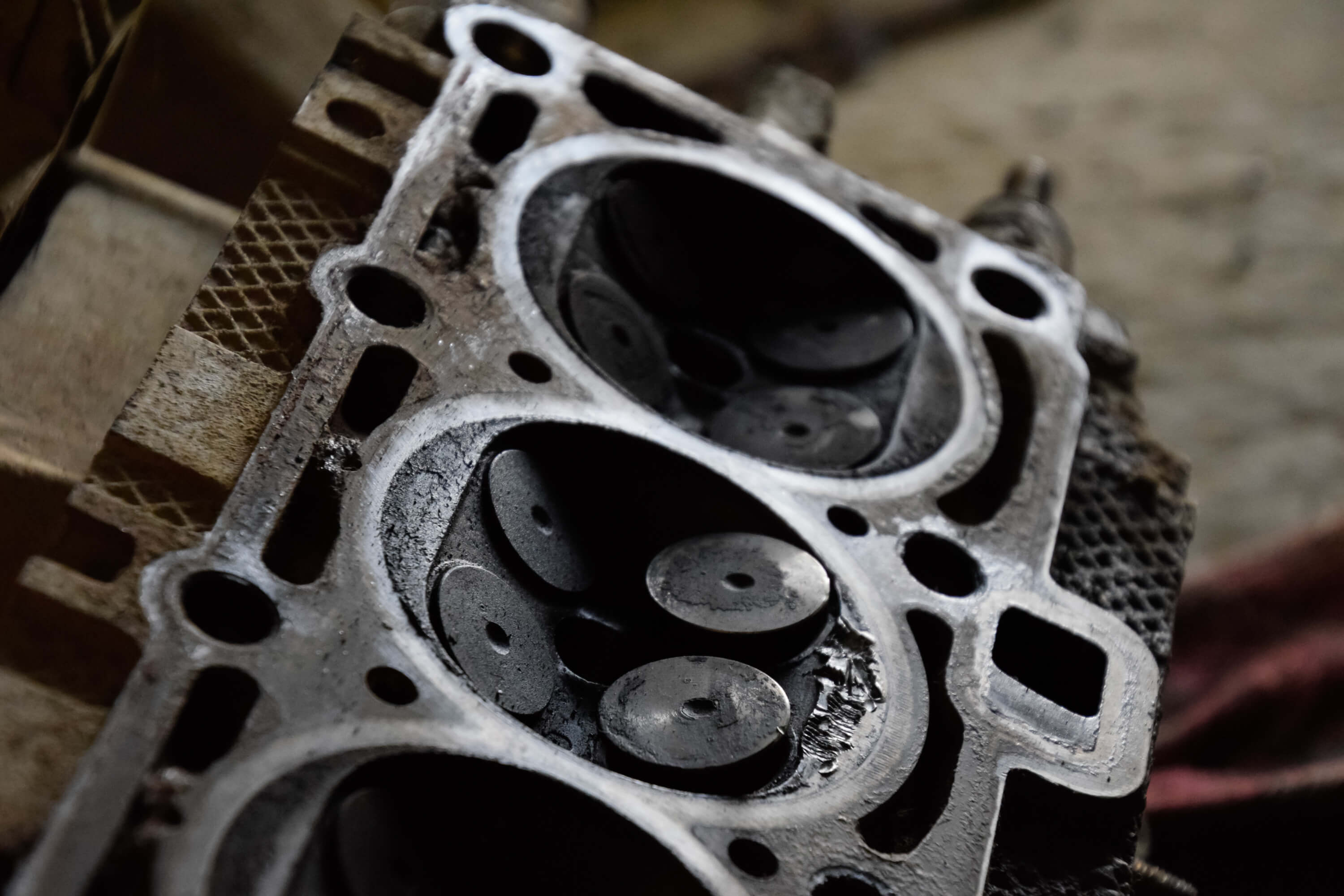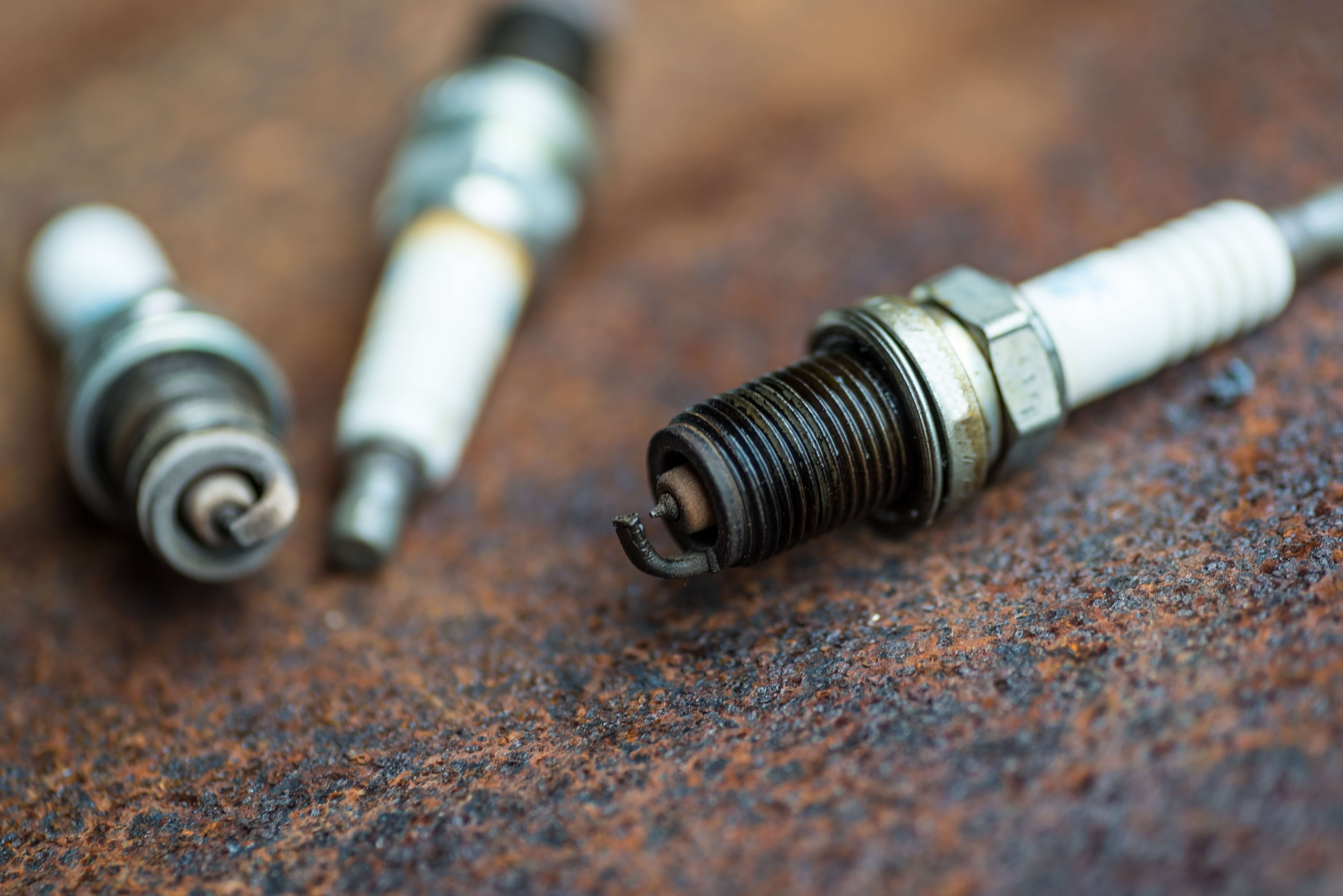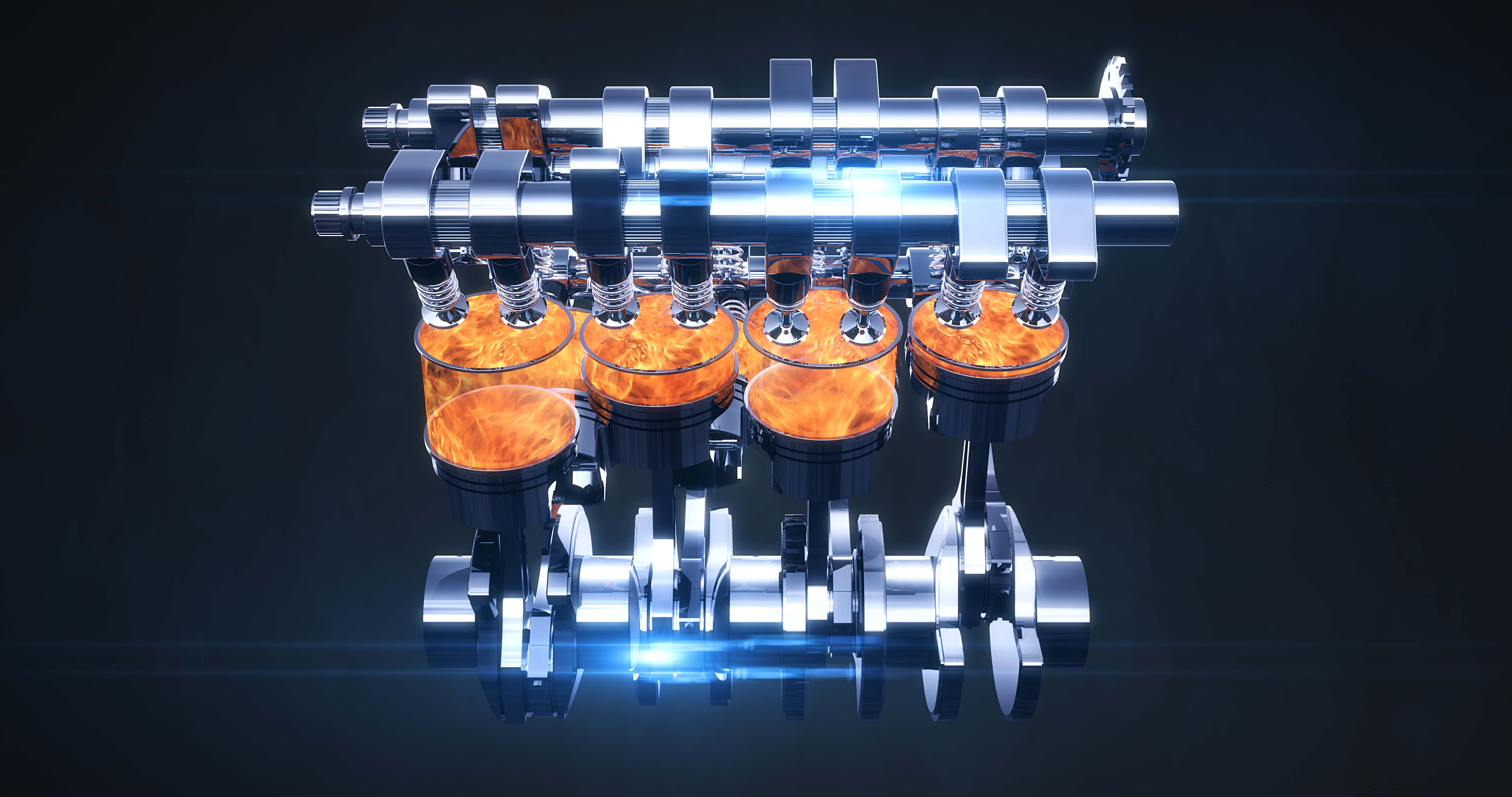Performance Fuels

Winter Fuels for Wintertime
- Category:
- Fuel Facts
Posted on 11/14/2024

Does your car sit over the winter? If so, do you wonder whether or not it will start in the springtime? Filling it with the right gas can help. So, what defines the “right” gas? Science.
Vapor Pressure Matters: In many parts of the country, pump fuels are reconfigured for the colder months. What makes these so-called wintertime fuels so special? A higher vapor pressure.
Vapor pressure defines the rate at which the fuel evaporates, turning from a liquid state to a gas. It’s these gasoline vapors that actually ignite.
The vapor pressure of gasoline naturally decreases when ambient temperatures drop, however, so the refineries reblend the fuels during the colder months to raise vapor pressures. (Since those gasoline emissions also contribute to smog, vapor pressures are lowered accordingly during the warmer months.)
If you’re going to periodically run the engine during the winter months, especially one fed by a carburetor, explains Zachary J. Santner, senior specialist of quality at Sunoco, having a tank full of fuel
blended for winter will help it start.
Quality Matters: Premium fuel contains more than just higher octane. The antioxidants found in premium fuel will also last longer, and during long storage periods, they become your friends and allies. These antioxidants are consumed as they react with oxygen.
“Premium is more stable and has a smaller appetite to eat up the antioxidants, so it will remain protected for longer,” Santner continues. “Regular is much more unstable and will consume the antioxidant much faster. After it is all consumed, there will be varnish development and color change.” That varnish, caused by the gum left behind as fuel evaporates, won’t help your fuel system.
Race fuels sold by Sunoco, he adds, already have an additive package containing a fuel stabilizer. Plus, the brand offers a fuel specifically designed for storage: Optima is a very clean, non-ethanol fuel that’s packed with stabilizers. When properly stored in a sealed, opaque container, it can remain fresh up to three years.




